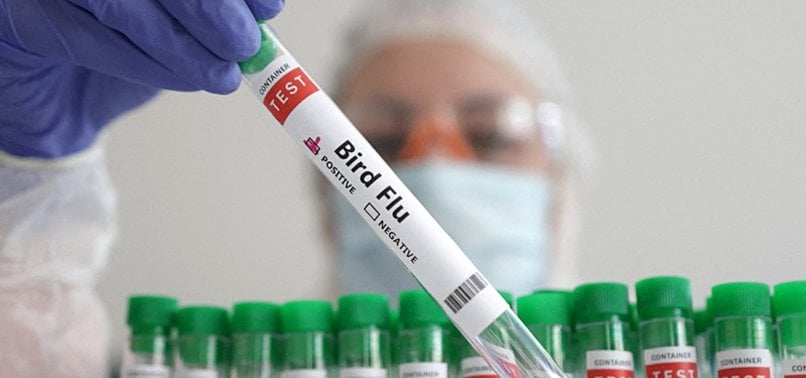The World Health Organization (WHO) has confirmed the first human case of H5N2 avian influenza, reported in Mexico. The infected individual, a 59-year-old man, died from multiple underlying health conditions, according to the WHO's announcement on Friday.
The man had chronic kidney disease, type 2 diabetes, and long-standing systemic arterial hypertension. After being bedridden for three weeks, he developed acute symptoms, including fever, shortness of breath, diarrhea, nausea, and general malaise on April 17. He was admitted to a hospital in Mexico City on April 24 and passed away later that day.
WHO spokesman Christian Lindmeier stated that the death was due to multiple factors, not solely attributable to H5N2. Routine testing after his death revealed the presence of H5N2, but the patient had a complex medical history involving several other diseases.
Health officials have identified 17 contacts at the hospital and 12 from the man’s residence, all of whom tested negative for influenza. Ongoing investigations, including serology tests, aim to determine if there were any earlier infections and how the man contracted the virus. While H5N2 has been found in poultry in Mexico, the specific source of the man's infection remains unclear.
The WHO currently assesses the risk to the general population as low. Markus Lipp, senior food safety officer at the UN’s Food and Agriculture Organization, explained that the risk of contracting avian influenza from consuming poultry is negligibly low, with no evidence of food-borne transmission in the history of avian influenza. Lipp noted that while animal handlers might face occupational risks, avian influenza does not transmit through food consumption.
The man had chronic kidney disease, type 2 diabetes, and long-standing systemic arterial hypertension. After being bedridden for three weeks, he developed acute symptoms, including fever, shortness of breath, diarrhea, nausea, and general malaise on April 17. He was admitted to a hospital in Mexico City on April 24 and passed away later that day.
WHO spokesman Christian Lindmeier stated that the death was due to multiple factors, not solely attributable to H5N2. Routine testing after his death revealed the presence of H5N2, but the patient had a complex medical history involving several other diseases.
Health officials have identified 17 contacts at the hospital and 12 from the man’s residence, all of whom tested negative for influenza. Ongoing investigations, including serology tests, aim to determine if there were any earlier infections and how the man contracted the virus. While H5N2 has been found in poultry in Mexico, the specific source of the man's infection remains unclear.
The WHO currently assesses the risk to the general population as low. Markus Lipp, senior food safety officer at the UN’s Food and Agriculture Organization, explained that the risk of contracting avian influenza from consuming poultry is negligibly low, with no evidence of food-borne transmission in the history of avian influenza. Lipp noted that while animal handlers might face occupational risks, avian influenza does not transmit through food consumption.


















